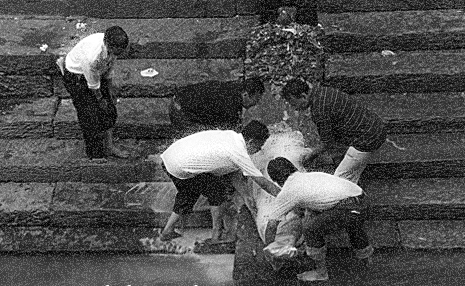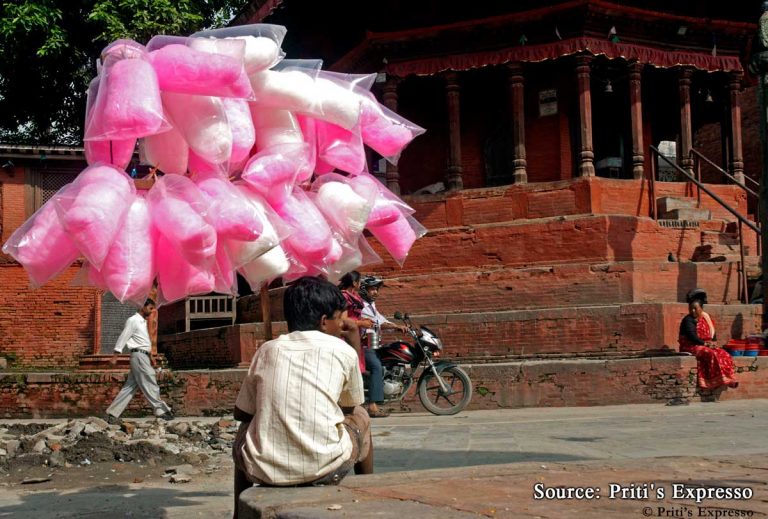Death Rituals : Inconvenience Practice
[dropcap]I[/dropcap] am writing this blog based on my experiences. I grew up in Hindu culture. Yes, I am Hindu. There are many rituals and culture which we are following forcefully. Let’s say we are following them standing upon Hindu culture and traditions. Of course, every religion has some faults so does Hinduism have. I am not here to point out the fault of other religion. But being a Hindu I have noticed and experienced some impractical rituals which are hard to accept. This blog is the Result of facing same impractical rituals. This blog is about Death Rituals which all most all of the Hindus are practicing.
Is it possible to change impractical practices of Death Rituals?
Our family is grieving the irreparable loss of grandfather who passed away few year ago. The 13-day death rituals (kiriya period) has already concluded which traditionally speaking, is the period when the sons and daughters have to adhere the strictest and hardest discipline of human life. That period imprinted an unforgettable memory in my mind.
As a Hindu tradition, the dead body had to be taken to the Pashupatinath for cremation which is quite far by foot. We proposed to take the dead body in a vehicle but the majority of our relatives vehemently objected and told it should be carried on shoulders and that also barefoot. Can you imagine how did my father and uncles carried the dead body on their shoulders and walked exactly one and half hour amid the scorching heat of the sun?
Eventually, when we reached the Pashupati my father felt so thirsty that he could not help drinking water. Later, one of my uncles who had initially opposed the idea of having water also drank it. Next day, some of the relatives and neighbors objected that decision of drinking water before the cremation ceremony was held.
Also Read: What do you expect from life?
On the next day, one of my aunts, who is a diabetic patient collapsed. She was under medication and had to eat at regular intervals every day. But because she was in kiriya she could eat only limited food. As a result, she felt unconscious. We relatives had to give her enough food which neither she nor those hardliner relatives liked. They insisted that despite such critical condition she had to follow the ‘culture and religion’ and remain untouched by. Likewise, my brother and his wife also were told not to have salt, for 13 days. But, my brother wife, being the mothers of small children, the deficiency of iron and mineral made her feeble after few days.
My brother even said he felt difficult to ride the motorbike because of weakness. Eventually, they took the salt on the 7th day but did not dare to tell the others. Also, my father wanted to have salt free green vegetables. The kiriyaputris were restricted to eat most of the foods which are necessary for their body. On the 7th day, my father asked his brother to cook the vegetables. Again that incident drove so much criticism from those relatives and neighbors that vegetables were not allowed during the period. Similarly, the doctor had suggested one of my uncles who had a back problem, to use a soft pillow and a cozy bed but during the 13 days, he had to sleep very roughly and felt sick.
Still, I am not Convinced
When I ask the priests and the pundits about such prohibitions during the period, the answers I get do not convince me. I am not against the tradition but, I hope everyone agrees, some of the 13-day death rituals are impractical and need a change.






One Comment